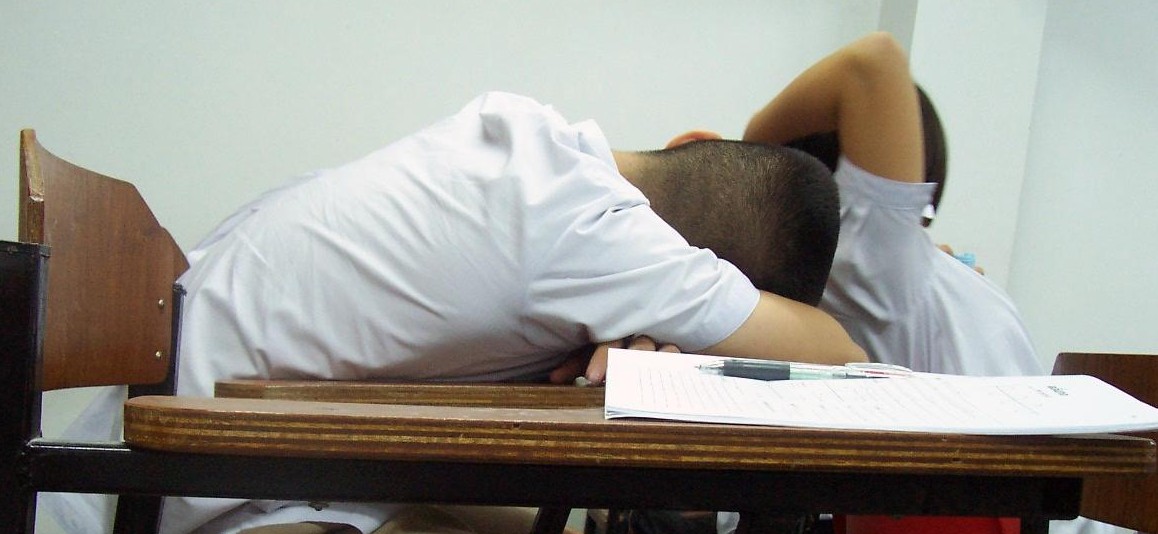Are the all-nighters worth it?
The holidays have finally begun. The first home cooked meals in months, Christmas shopping and planning the perfect New Years Eve is all that is on anyone’s mind. Unfortunately, January will come around soon enough and the work that should have been done will rear its ugly head. Back at University, in between unpacking and seeing friends again, getting work done will begin to seem impossible and an all-nighter will appear inevitable.
We’ve all experienced the panic that sets in the night before an exam. Many of us have tried to combat this panic by staying up, deciding to cram in another few hours of revision. However, this could have an adverse effect, and you could actually drop marks by staying up late to work.
A new study by the University of California asked students to keep a diary of the hours spent studying and their sleeping habits. They found that giving up sleep to do extra work actually had a detrimental effect. Scientists were surprised to find a strong correlation between extra studying in place of sleeping, and poor marks on tests and assignments – exactly what the students were trying to avoid.
Harvard Medical School has also done extensive research on the effect of sleep on memory, which further reinforced the idea that sacrificing sleep to revise could actually produce worse results in an exam. There are several different stages to a night’s sleep, each important in storing memories. Rapid Eye Movement (REM) sleep reorganises our memories, wheras non-REM sleep reinforces these memories. If, instead of sleeping, you decide to go over your notes again before an exam, it could actually impair your ability to store the notes in your memory. Although it feels as if you will remember the notes better if you spend longer looking at them, your brain will have much less time to actually store the memories.
Further research shows that different areas of the brain are activated before and after sleep. This means that the mind is far better at recalling facts during an exam after a good night’s sleep. In addition, if you are working on an essay or an assignment all night, desperately trying to finish before morning, the work could receive a much lower mark than if the work is left and attempted again when you wake up. The brain will continue to structure thoughts and experiences whilst still sleeping, and work will seem much easier and clearer in the morning.
The National Sleep Foundation estimates that university students should have between eight and nine hours of sleep a night. However, it was reported that only fifteen per cent of students get the recommended eight hours of sleep a night, suggesting that the large proportion of us might not be achieving our highest potential. In addition to the drop in marks as a result of studying instead of sleeping, sacrificing our sleep can also have a number of other consequences. A decrease in the usual amount we sleep can greatly affect our mood – three quarters of people who report feelings of depression also report a decrease in the hours slept at night. In addition to this, not getting enough sleep can also contribute to skin problems and weight gain.
So, although it may seem as if the extra late night work is helpful, it could actually have a damaging effect on both your grade and your well-being. Of course this doesn’t apply if you’ve done no revision beforehand; Going for a few pints the night before but making sure you sleep
for 8 hours won’t magically grant you a good grade. However, finish studying at a reasonable time and get some rest, and you’ll wake up feeling far more prepared and relaxed for the work ahead of you.

Comments